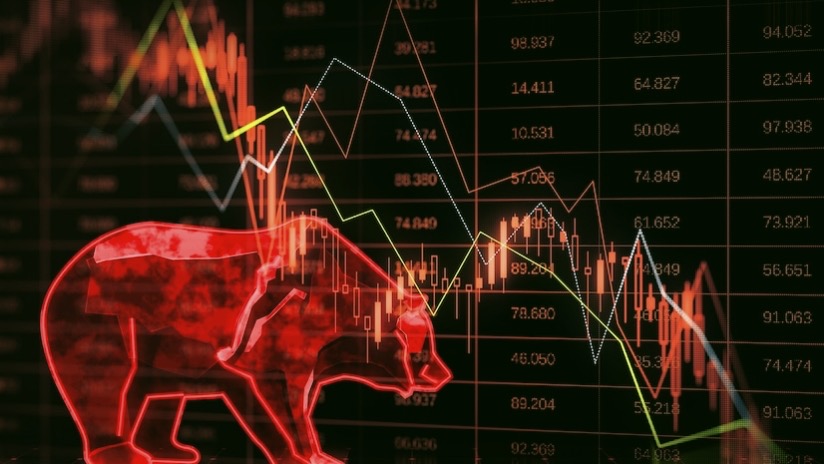The Sensex has dropped more than 1,250 points in early trade as tensions in the Middle East worsen.The spike in oil prices is a major worry, even though the direct impacts on international markets are still being felt. Fears of possible oil supply disruptions sparked by Iran’s missile strikes on Israel have caused Brent crude to surpass $75 per barrel and West Texas Intermediate to reach $72. An oil-importing country like India may see higher inflationary pressures as a result of this jump.
Iran-israel conflict: Should investors be worried
Experts in the market advise taking extra precautions while things are unclear. In times of global unrest, Vijayakumar suggests diversifying investments into defensive industries like FMCG and medicines. These sectors also have lower volatility.
Dr. Manoranajan Sharma, Chief Economist of Infomerics Ratings, contributed to the tone of caution by providing more in-depth explanations of the conflict’s wider ramifications. He said, “Iran’s missile strikes, and the potential for Israeli retaliation, mark another major flashpoint in the Middle East war scenario. Given the US’s unwavering support for Israel, a dramatic escalation may occur. Given the likelihood of these geopolitical tensions continuing, investors should prepare for volatility.
Long-term investors may find it advantageous to remain calm and look for safer industries at these periods when the market is responding quickly to news, but experts firmly feel that it is crucial to keep up with changes in the geopolitical scene.“For long-term investors, this modification offers good buying opportunities in large-cap stocks, where valuations have become more attractive,” stated Santosh Meena, Head of Research at Swastika Investmart.
Sector rotation is something we are seeing, and stocks linked to commodities could do well in the foreseeable future.”



